
The AIgorythm project

Playwright and actor
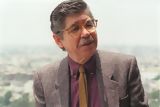
Novelist

Writer and poet

Volleyball player

Italian-Peruvian naturalist and geographer

Singer and percussionist

Last Inca emperor

Politician, former prime Minister

Journalist and TV host
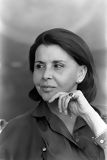
Poet

Inca warrior
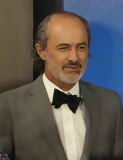
Actor and comedian

Biophysicist

Poet

Doctor and researcher

Businessman, Interbank group

Journalist and writer
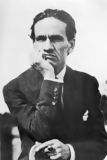
Poet and writer

Singer and songwriter
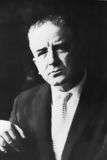
Writer

Film director, Berlin Golden Bear winner

Football player

Writer and journalist
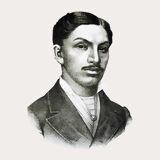
Doctor and scientist

Photograph

Chess player

Industrialist
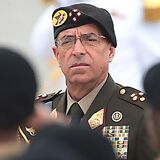
Former general

Specialist in public health

Actress and singer

Afro-Peruvian music singer

Mathematician and engineer

Indigenous chronicler

Neurologist and anthropologist

Painter

Football player
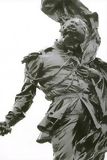
National hero, military leader

Intellectual and reformer

Chef and entrepreneur

Fashion designer

Singer-songwriter

TV presenter

Marathon runner

Indigenous Peruvian chronicler

Theologian

Former national team captain

Economist and former health minister

Inca princess

Writer and television host

Folk musician

Poet and guerrilla
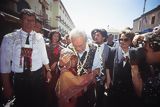
Former UN secretary-general

Chef, known for fusion cuisine

Football player

Peruvian aviation pioneer

Poet and artist
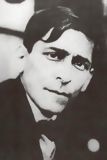
Marxist philosopher and writer

Industrialist and businessman
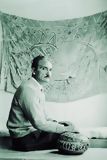
Novelist and ethnologist

Painter and muralist

Opera tenor

Fashion designer

Cardinal of Lima

Peruvian tennis player

Football coach

Leader of the indigenous rebellion

Military hero

Latin singer
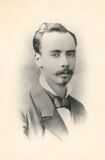
War of the Pacific hero

The youngest mother in history

Politician

Creole music singer

Tennis player
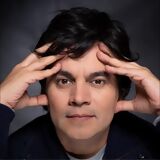
Musician

Writer and politician

Politician and founder of the Christian Democratic Party

Founder of Sodalitium Christianae Vitae

Archaeologist and anthropologist

Military leader and politician

Television host
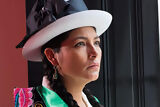
Actress and singer
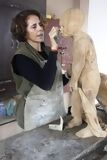
Contemporary sculptor

Women’s rights activist

Beauty queen

Astrophysicist

Heroine of independence
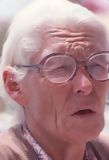
Mathematician and archaeologist

Historian and anthropologist
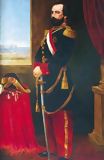
Military figure and historical figure

Fashion photographer
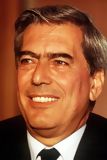
Writer, Nobel Prize in Literature, Politician

Revolutionary leader
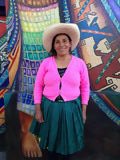
Environmental activist

Leader of the indigenous rebellion

Musician from Gaia band
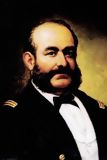
War hero
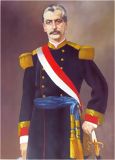
Military leader and politician

Chef, known for Nikkei cuisine

Volleyball coach and former player

Environmental activist

Television personality

Writer

Football player

Epidemiologist and former health Minister

Inventor and aerospace pioneer

Soldier and inventor

Rock singer

Chef and co-owner of Central restaurant

Painter

Football player

TV presenter and actress
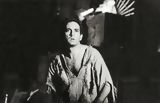
Actor
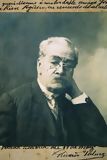
Writer and historian

Journalist and lawyer

Archaeologist, founder of Caral site
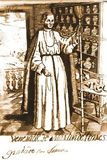
Monk and Saint
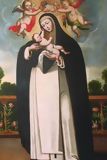
Saint, patron of Latin America

Physicist and engineer

World champion surfer

Actress

Oncologist

Singer, Latin Grammy winner

Former mayor of Lima

Singer

Actress

Former football player

Painter
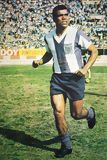
Former football player

Painter

Inca leader

Archbishop, saint
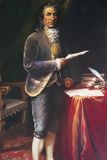
Leader of the indigenous rebellion

Revolutionary indigenous leader

Diplomat and intellectual

Sculptor and painter
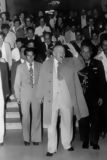
Political leader, founder of APRA

Lawyer and Former prime minister

Chef of Central restaurant
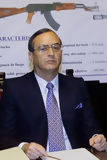
Former head of secret services

Popular singer

Fashion designer

Exotic music singer
Carlos Bustamante, born in 1951 in Lima, Peru, is one of the world’s leading biophysicists, renowned for his groundbreaking contributions to molecular biophysics and nanobiology. Specializing in the mechanics of biological molecules, he has made fundamental discoveries about the interactions between DNA, proteins, and molecular motors, which have revolutionized our understanding of biological processes at the molecular level. A professor at the University of California, Berkeley, Carlos Bustamante is a pioneer in applying molecular manipulation techniques, such as optical tweezers, to the study of individual biomolecules.
Carlos Bustamante was born and raised in Lima, Peru, where he developed a passion for science at an early age. After completing high school, he attended the Cayetano Heredia University in Lima, where he earned a degree in biology. His interest in both physics and biology led him to the United States, where he pursued graduate studies in physics at the University of California, Berkeley. It was there that he earned his PhD in molecular biophysics and began exploring the fundamental interactions between physical forces and biological processes.
Carlos Bustamante’s career has been marked by his innovative approach of applying physical principles to study biological systems at the nanoscale. He was one of the first scientists to use molecular manipulation techniques, such as optical and magnetic tweezers, to study the behavior of individual molecules, including DNA and proteins.
His work has provided valuable insights into how mechanical forces influence protein folding, DNA transcription, and molecular motors, such as enzymes that "walk" along actin filaments and microtubules. These discoveries not only revealed essential mechanisms of cellular function but also opened new avenues for nanotechnology and molecular medicine.
One of Carlos Bustamante’s most notable contributions involves his work on RNA polymerase, the enzyme responsible for transcribing DNA into RNA. Bustamante and his team were able to visualize and manipulate this enzyme at the single-molecule level, allowing them to understand how it moves along DNA and converts genetic information into messenger RNA.
Using optical tweezers, they were able to measure the forces generated by RNA polymerase as it "pulls" on DNA, a discovery that provided crucial insights into the mechanism of genetic transcription. This work revealed key details about the regulation of transcription, a fundamental process in cellular development and response to environmental stresses.
Throughout his career, Carlos Bustamante has received numerous prestigious awards for his contributions to biophysics and molecular biology. He has been elected to the United States National Academy of Sciences and the American Academy of Arts and Sciences. In 2012, he was awarded Japan’s International Prize for Biophysics and Biochemistry, in recognition of his advances in studying molecular mechanisms at the single-molecule level.
Bustamante has also received several honorary doctorates and is regarded as one of the most influential Latin American scientists in the field of biological sciences. His work has impacted multiple disciplines, from cell biology to statistical physics, and his interdisciplinary approach continues to inspire young researchers worldwide.
As a professor at the University of California, Berkeley, Carlos Bustamante has played a key role in training future generations of scientists. He leads the biophysics laboratory at Berkeley, where he directs research on single biomolecules and molecular motors. Bustamante is also recognized for his commitment to science education, having mentored numerous students and postdocs who have gone on to become leaders in the field.
His influence extends beyond the lab, as he has been involved in efforts to promote science and science education in Latin America. He has frequently advocated for closer scientific collaboration, particularly between Latin American countries and research centers in North America and Europe.
Carlos Bustamante’s research has had a significant impact on our understanding of the physical forces underlying biological processes. His work on the mechanisms of transcription, translation, and protein folding has opened new research pathways in biomedical nanotechnology and applied biophysics. His approach, combining experimental physics with molecular biology, has also led to the discovery of new ways to study biological processes in real-time and at the nanoscale.
His scientific legacy is that of a pioneer who pushed the boundaries of research on individual biomolecules, contributing to the revolution in quantitative biology and molecular manipulation technologies. As a leading Latin American scientist, Carlos Bustamante has also inspired a new generation of researchers from Peru and other Latin American countries, highlighting the importance of scientific research in the region.
Carlos Bustamante is an exceptional scientist whose work has redefined our understanding of biological processes at the molecular level. Through his innovative use of molecular manipulation techniques and his groundbreaking discoveries, he has significantly contributed to fields ranging from biophysics to nanobiology. His commitment to science, education, and international collaboration continues to have a profound impact on the global scientific community.